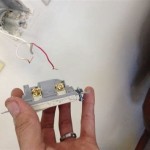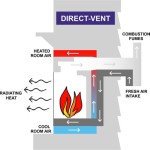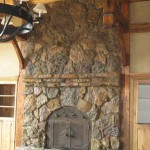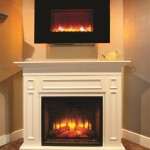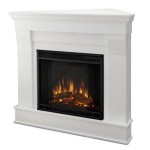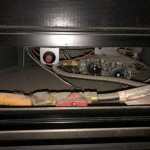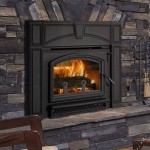Converting Your Fireplace to Gas: A Comprehensive Guide
The allure of a crackling fireplace is undeniable. It evokes warmth, ambiance, and a sense of coziness. But for many homeowners, maintaining a traditional wood-burning fireplace can be a hassle. From the constant need to gather and store wood, to the messy clean-up and potential for smoke and creosote buildup, the inconveniences can outweigh the benefits. Thankfully, there's an attractive alternative: converting your fireplace to gas. This process can transform your fireplace into a convenient and efficient heat source, while still retaining the aesthetic appeal of a traditional fire.
Advantages of Converting to Gas
Converting your fireplace to gas offers several advantages, ranging from improved convenience to increased safety. Here are some key benefits:
- Convenience: Gas fireplaces eliminate the need for hauling, chopping, and storing wood. With a simple flick of a switch, you can enjoy a warm fire without the hassle.
- Efficiency: Gas fireplaces offer greater efficiency than traditional wood-burning fireplaces, consuming less fuel to produce the same amount of heat. This results in lower energy bills and a more sustainable heating solution.
- Cleanliness: Gas fireplaces eliminate the mess and dust associated with wood-burning fireplaces. They produce minimal ash and smoke, keeping your home cleaner and more comfortable.
- Safety: Gas fireplaces do not pose the same fire hazards as wood-burning fireplaces. They are equipped with safety features such as pilot lights, spark arrestors, and automatic shut-off valves, reducing the risk of accidental fires.
- Versatility: Gas fireplaces can be customized to fit your specific needs. You can choose from a variety of gas logs, flames, and colors to match your décor and create the desired ambiance.
The Conversion Process
Converting a fireplace to gas typically involves several steps, including:
- Consultation: An experienced fireplace conversion specialist will assess your fireplace and determine the best gas conversion system for your needs. This involves evaluating factors such as the size of your fireplace, the existing flue, and your desired heat output.
- Installation: The conversion specialist will install the necessary gas lines and appliances, including a gas burner and a vent system to ensure proper combustion and exhaust.
- Gas Log Placement: Depending on the chosen system, gas logs may be placed in the existing firebox or mounted on a pedestal. The specialist will ensure proper positioning to achieve optimal flame visualization and heat distribution.
- Testing and Approval: Once the conversion is complete, the specialist will test the system for proper operation and ensure it complies with local building codes. They will also provide you with instructions on how to operate and maintain your new gas fireplace.
Choosing the Right System
There are several different gas fireplace systems available, each with its own advantages and disadvantages. The most common types include:
- Direct Vent Gas Fireplaces: These fireplaces vent directly through the existing chimney, providing efficient heat output and a realistic flame appearance. However, they require a dedicated vent system and may not be suitable for all fireplaces.
- Vent-Free Gas Fireplaces: These systems vent through a wall or ceiling opening and are ideal for smaller fireplaces where a traditional chimney is not available. However, they may have limited heating capacity and require regular ventilation.
- B-Vent Gas Fireplaces: These fireplaces are designed to vent through a coaxial system that uses a double-walled pipe to exhaust fumes and provide a more efficient heating output than vent-free fireplaces. However, they may require some structural modifications to the fireplace.
Choosing the right gas fireplace system depends on various factors, including the size of your fireplace, the available venting options, and your desired heat output. Consult with a qualified fireplace conversion specialist to determine the best system for your specific needs.
Converting a fireplace to gas can be a worthwhile investment, offering numerous benefits and transforming your fireplace into a convenient and efficient heat source. However, it's important to select a reputable specialist and choose the right system for your needs. By carefully considering all factors, you can enjoy the warmth and beauty of a fireplace without the hassle of traditional wood-burning.

Convert A Wood Fireplace To Gas Full Service Chimney

Can A Wood Burning Fireplace Be Converted To Gas The Flame Company

How To Convert Your Wood Burning Fireplace Electric Or Gas

Convert A Wood Fireplace To Gas Full Service Chimney

What S The Cost To Convert A Wood Fireplace Gas Orange County Register

Can You Convert A Wood Fireplace To Gas The Burning Log

Five Reasons To Convert From A Wood Fireplace Gas Fireplaces Direct Learning Center

Can You Convert A Wood Fireplace To Gas Lindemann Chicago Services

Convert A Masonry Fireplace To Gas Increase Efficiency

Easy Breezy The Simplest Way To Convert A Gas Fireplace

